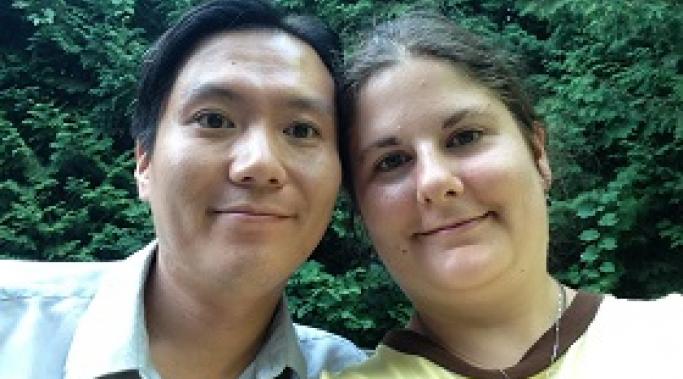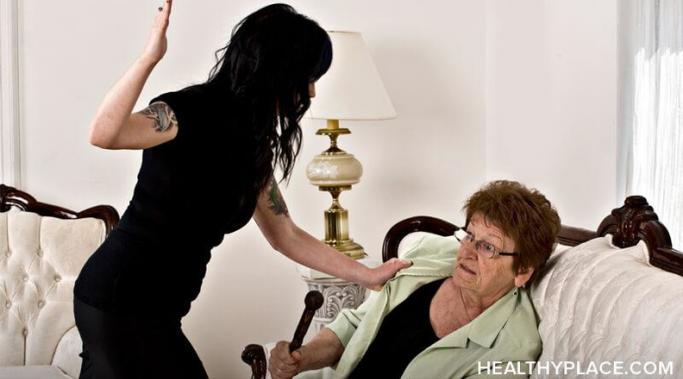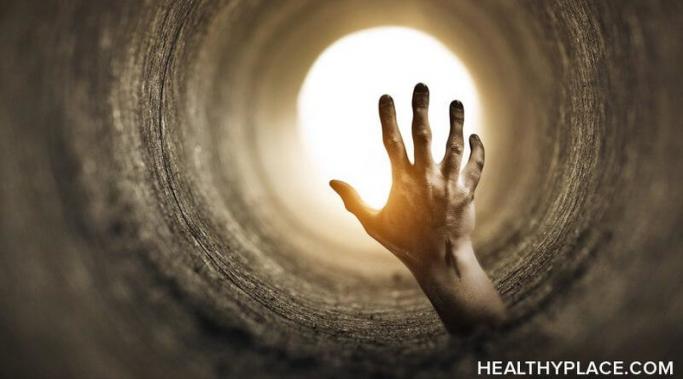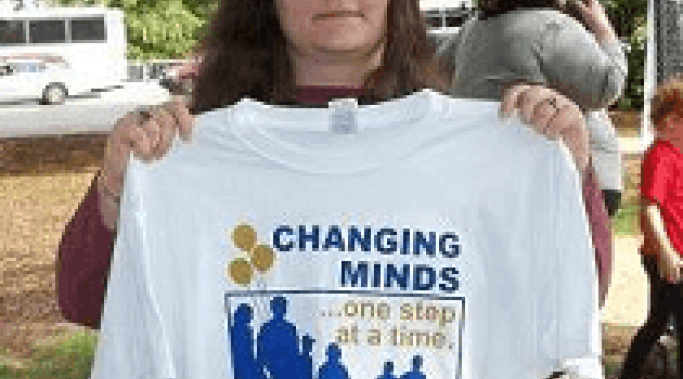As someone with bipolar disorder—and, really, as someone with a mental illness in general—Carrie Fisher meant a lot to me and other people with schizophrenia or schizoaffective disorder (Carrie Fisher and Manic Depression). I think I speak for many of us in the schizophrenic and schizoaffective community when I say she will be missed—an understatement to say the least. Here is what Carrie Fisher meant to me as a person with schizoaffective disorder.
Schizophrenia Stigma
Telling others about your schizoaffective disorder or schizophrenia can be tricky, often because of the stigma surrounding these illnesses (Telling Someone You Have a Mental Illness). Other people may have incorrect preconceived notions about these illnesses, such as the myth that a person with schizophrenia or schizoaffective disorder is violent. Here’s how I approach telling other people about my schizoaffective disorder.
It’s hard enough having schizophrenia or schizoaffective disorder but the stigma against schizoaffective disorder and schizophrenia is something else to fight. Some people have unfriended me on Facebook because I tell them I have schizoaffective disorder. I didn’t do or say anything “crazy.” Just my open admission that I have the disorder was enough. That’s just one example of what happens when someone is uninformed and clings to stereotypes about what I am like--what anyone is like—who has schizophrenia or schizoaffective disorder.
People so often assume that those of us with mental illnesses like schizoaffective disorder (SZD) or schizophrenia are violent. The fact is that people with a mental illness are more likely to be the victim of a violent crime than the perpetrator (Appleby, et al., 2001). In the wake of the horrific Orlando shooting, once again mental illness is blamed as a cause for the attack. And, once again, stigma regarding violence among those with mental illnesses, like schizophrenia and schizoaffective disorder, is reinforced.
Antipsychiatry stigma can affect people with schizophrenia or schizoaffective disorder. And having schizophrenia or schizoaffective disorder is hard enough without having people tell you that you shouldn’t be taking your medications. Antipsychiatry and stigma is rampant and dangerous not to mention it's rude to question one's choice of treatment for an illness. Unfortunately, antipsychiatry is a stigma that everyone with schizophrenia, schizoaffective disorder, and other mental illnesses runs into at some point.
Schizophrenia and schizoaffective disorder are scary words to a lot of people but knowing that psychotic episode is like might help alleviate that.. They assume that those of us who have these illnesses are violent and that the voices we hear tell us to kill people. This isn’t the case as my own experience with psychosis will show you. People do not need to fear people with schizophrenia or schizoaffective disorder or their psychotic episodes.
As a person with schizoaffective disorder, I am very sensitive to schizophrenia, schizoaffective disorder stigma. Stigma marginalizing people with mental illness is everywhere, and no one seems to have much of a problem with it except for the mental health community. And stigma is especially rampant against people with diseases like schizophrenia and schizoaffective disorder.
I have schizoaffective disorder and I hear voices. The first time I heard them 16 years ago, I thought they were faeries. Sometimes I still think that. Faeries are troublemakers. So are my voices.
Under the spell of delusions and psychosis, many of us have tread the trenches of homelessness. We are fighting a battle on multiple fronts, from the horrifying symptoms that we suffer from, to the poverty and intense stigma that often follows. These varying aspects of schizophrenia can combine together to form nightmare scenarios where we are left confused, alone and living on the streets. Once homeless and ill, we face a new set of problems that include hypothermia, starvation, victimization and lack of medical care. When this situation arises, we can become desperate and go to extreme lengths to meet our basic needs.
Opening a book entitled Psychos on a Saturday evening in the bargain section of a local bookstore, I came across the rantings of an author that symbolizes the hatred and stigma that people with schizophrenia often face. The defining characteristic of the psychotic, according to this New York Times bestselling author, is a "lack of empathy" followed by deranged criminal behavior. This fundamental and obvious flaw into the nature of the psychotic is still perpetuated to the public, by authors with an abundance of both influence and ignorance.









